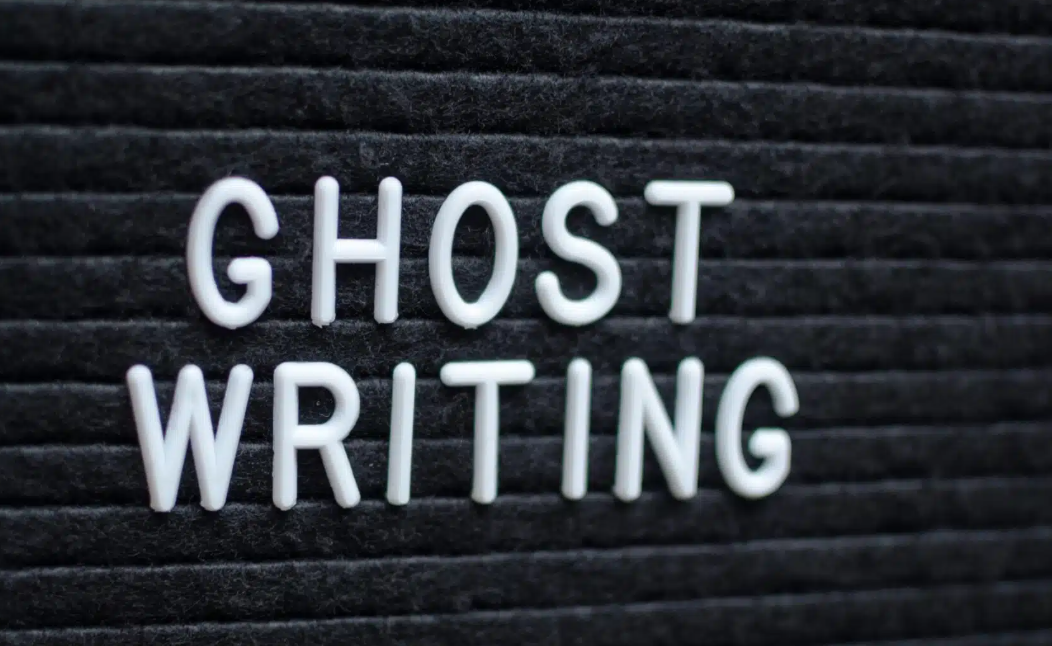The publishing industry is evolving rapidly, and two trends are reshaping how books come to life: hybrid publishing and ghostwriting agencies. Together, they offer authors a unique blend of professional writing support and flexible publishing options. This article explores why this combination is gaining popularity, how it works, and what it means for aspiring authors.
What Is Hybrid Publishing?
Hybrid publishing bridges the gap between traditional and self-publishing. Unlike traditional publishing, where authors rely entirely on a publishing house, or pure self-publishing, where they handle everything alone, hybrid publishing offers a middle ground.
Key Features of Hybrid Publishing:
- Author-Publisher Collaboration: Costs are shared between the author and the publisher.
- Higher Creative Control: Authors retain more rights than in traditional deals.
- Professional Quality: Hybrid publishers provide editing, design, and distribution.
- Faster Timelines: Books are published quicker than in traditional publishing.
This model has become attractive to entrepreneurs, professionals, and memoirists who want a professionally produced book without waiting years for a traditional deal.
The Role of Ghostwriting Agencies in Hybrid Publishing
Many authors have compelling ideas but lack the time or skill to write a book. This is where ghostwriting agencies come in.
How Ghostwriting Agencies Support Hybrid Publishing:
- Expert Writing Teams: Agencies pair authors with professional ghostwriters who craft the manuscript.
- Genre Specialization: Some agencies focus on business books, memoirs, or fiction, aligning with hybrid publishers’ needs.
- Streamlined Process: Agencies handle research, drafting, and revisions, making the hybrid publishing process smoother.
- Confidentiality: Authors get a polished book without publicly disclosing they used a ghostwriter.
For example, a CEO might hire a ghostwriting agency to draft a leadership book, then work with a hybrid publisher to release it under their name.
Why Authors Are Choosing This Combo
1. Faster Time-to-Market
Traditional publishing can take 2+ years; hybrid publishing with a ghostwriter can cut this to 6-12 months.
2. Professional Quality Without Sacrificing Control
- Ghostwriters ensure the manuscript is well-written.
- Hybrid publishers provide professional editing, cover design, and distribution.
- Authors keep more royalties than in traditional deals.
3. Ideal for Niche or Business Authors
Many hybrid publishers cater to non-fiction, business, and memoir markets—genres where ghostwriting is in high demand.
4. Increased Credibility
A professionally ghostwritten and hybrid-published book can enhance an author’s reputation, unlike a rushed self-published book.
Potential Challenges
While this model offers advantages, there are risks to consider:
1. Higher Upfront Costs
- Ghostwriting can cost $10,000–$50,000+.
- Hybrid publishing adds another $5,000–$20,000.
2. Varying Quality Among Providers
Not all ghostwriting agencies or hybrid publishers are equal. Research is crucial.
3. Limited Traditional Distribution
Hybrid books rarely get into major bookstores like traditionally published works.
How to Choose the Right Partners
If you’re considering this route, follow these steps:
1. Find a Reputable Ghostwriting Agency
- Look for samples, testimonials, and clear contracts.
- Avoid agencies promising “bestseller guarantees.”
2. Select a Hybrid Publisher Carefully
- Check if they follow Independent Book Publishers Association (IBPA) standards.
- Review their distribution channels (Amazon, IngramSpark, etc.).
3. Plan Your Budget
- Compare ghostwriting agency rates.
- Factor in hybrid publishing fees (editing, marketing, etc.).
4. Protect Your Rights
- Ensure the ghostwriting agency transfers full copyright to you.
- Verify the hybrid publisher’s royalty structure.
The Future of Hybrid Publishing and Ghostwriting Agencies
As more professionals and thought leaders seek to publish books quickly and professionally, this hybrid + ghostwriting model will keep growing. Trends to watch:
- AI-Assisted Ghostwriting: Agencies may use AI tools for drafting, with human polish.
- More Niche Hybrid Publishers: Specializing in genres like finance, health, or tech.
- Global Expansion: Agencies and publishers catering to non-English markets.
Final Thoughts
The rise of hybrid publishing and ghostwriting agencies offers authors a powerful way to produce high-quality books without traditional publishing hurdles. By combining professional writing support with flexible publishing options, this model is democratizing access to polished, market-ready books.
Key Takeaways:
✔ Hybrid publishing balances cost, control, and professionalism.
✔ Ghostwriting agencies help authors turn ideas into manuscripts.
✔ Research is critical to avoid scams and poor-quality services.



